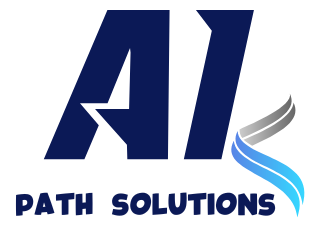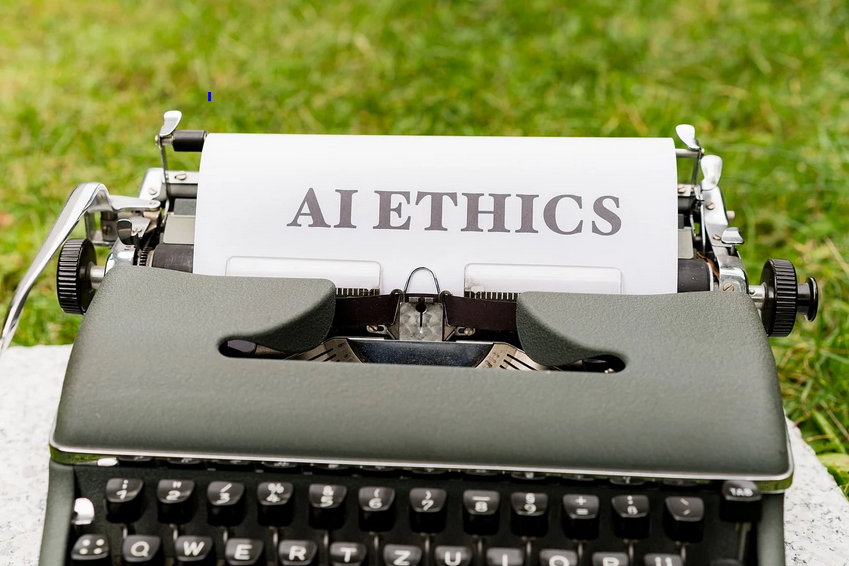Introduction
As artificial intelligence (AI) continues to infiltrate various sectors, from healthcare to finance and beyond, it raises profound ethical implications that society must confront. While AI has the potential to drive significant advancements, it also brings with it challenges related to fairness, privacy, job displacement, and human interaction. This article explores these critical ethical dilemmas and emphasizes the importance of responsible AI development.
The Challenge of Algorithmic Fairness
Algorithmic fairness is a central concern in the AI landscape. AI systems often reflect the biases present in the data used to train them. For instance, facial recognition technology has demonstrated biases against people of color, leading to disproportionate misidentifications. Such issues can perpetuate social inequalities and lead to unjust outcomes in critical areas like criminal justice and employment.
Addressing algorithmic bias requires a multi-faceted approach, including:
- Diverse Data Sets: Ensuring training data represents a wide range of demographics to mitigate bias.
- Regular Audits: Conducting audits of AI systems to assess fairness and identify biases.
- Community Engagement: Involving affected communities in the development process to gain insights and perspectives that inform more equitable solutions.
Data Privacy in the Age of AI
With the increasing reliance on data for AI applications, concerns about data privacy are more pressing than ever. Personal data is often collected without clear consent, raising questions about ownership and the right to control one’s information. High-profile data breaches and scandals have only heightened public anxiety around privacy.
Regulatory frameworks, such as the GDPR, aim to protect individual rights and establish guidelines for data collection and usage. However, compliance is only part of the solution. Organizations must adopt a proactive approach to data privacy, prioritizing transparency and giving users clear choices about their data.
Automation and Its Impact on Employment
The rise of AI and automation presents a paradox: while these technologies can increase productivity and lower costs, they also pose a significant threat to jobs, particularly in industries reliant on routine tasks. As machines increasingly take over roles traditionally held by humans, there is a growing concern about economic displacement and inequality.
To address these challenges, it is crucial to invest in education and training programs that prepare the workforce for the jobs of the future. Policymakers must collaborate with educational institutions and businesses to create pathways for reskilling and upskilling workers, ensuring that the benefits of AI advancements are widely shared.
The Human Element: Interactions with AI
AI technologies are designed to enhance human interactions, but they also risk diminishing the quality of those interactions. For example, the rise of virtual assistants and chatbots can improve efficiency but may lead to reduced face-to-face communication and social skills.
To preserve the human element in our interactions, developers should focus on creating AI systems that promote collaboration rather than replacement. This involves designing technologies that augment human capabilities, fostering connections, and enhancing the overall experience without supplanting human engagement.
Responsibilities of AI Developers
AI developers play a crucial role in shaping the ethical landscape of technology. Their responsibilities extend beyond technical proficiency to include ethical considerations that influence their work. Key responsibilities include:
- Accountability: Developers should accept responsibility for the consequences of their AI systems and their societal impact.
- Transparency: Clear explanations of how AI models function and make decisions are vital for user trust and understanding.
- Ethical Design: Incorporating ethical principles into the design process ensures that AI technologies align with societal values and human rights.
The Role of Regulation in AI Development
Effective regulation is essential for guiding the ethical use of AI technologies. Policymakers must collaborate with industry leaders, ethicists, and civil society to establish comprehensive regulatory frameworks that address the unique challenges posed by AI. These regulations should focus on:
- Protecting Individual Rights: Ensuring that AI technologies respect and uphold human rights.
- Promoting Fairness: Establishing guidelines that prevent discrimination and bias in AI systems.
- Encouraging Accountability: Holding organizations accountable for the ethical implications of their AI deployments.
Conclusion
The integration of AI into our lives brings both opportunities and ethical challenges. As we navigate this complex landscape, it is essential to approach AI development thoughtfully, prioritizing fairness, transparency, and human dignity. By addressing issues such as algorithmic bias, data privacy, and the impact of automation, we can harness the power of AI to benefit society while minimizing harm. Through collaboration among developers, regulators, and the public, we can create a future where AI serves humanity in an equitable and responsible manner.

